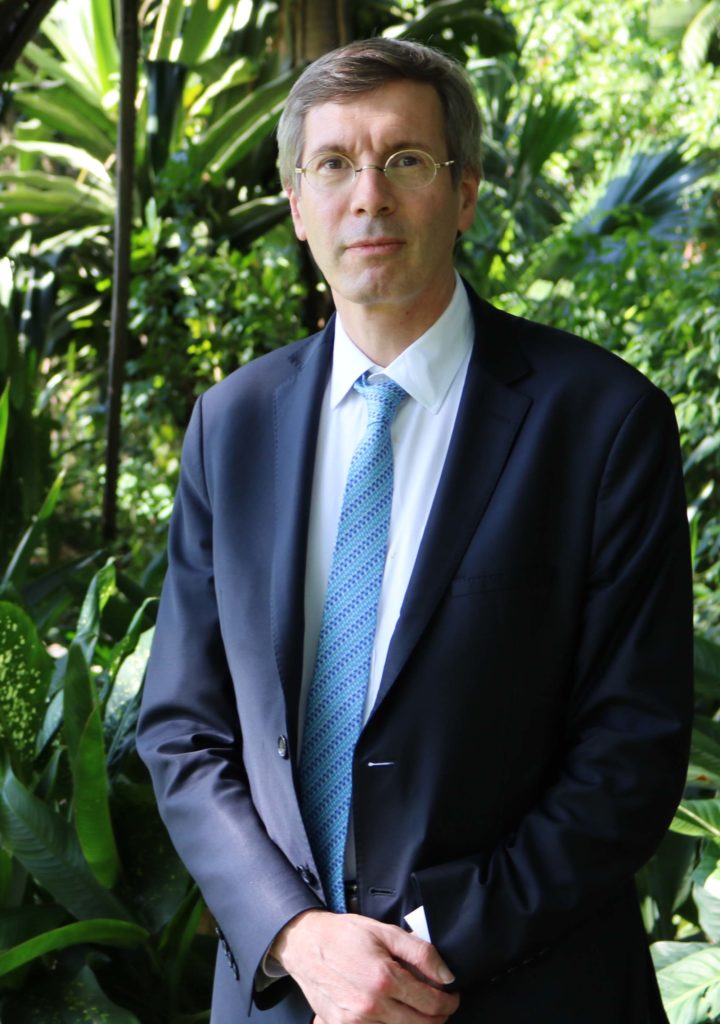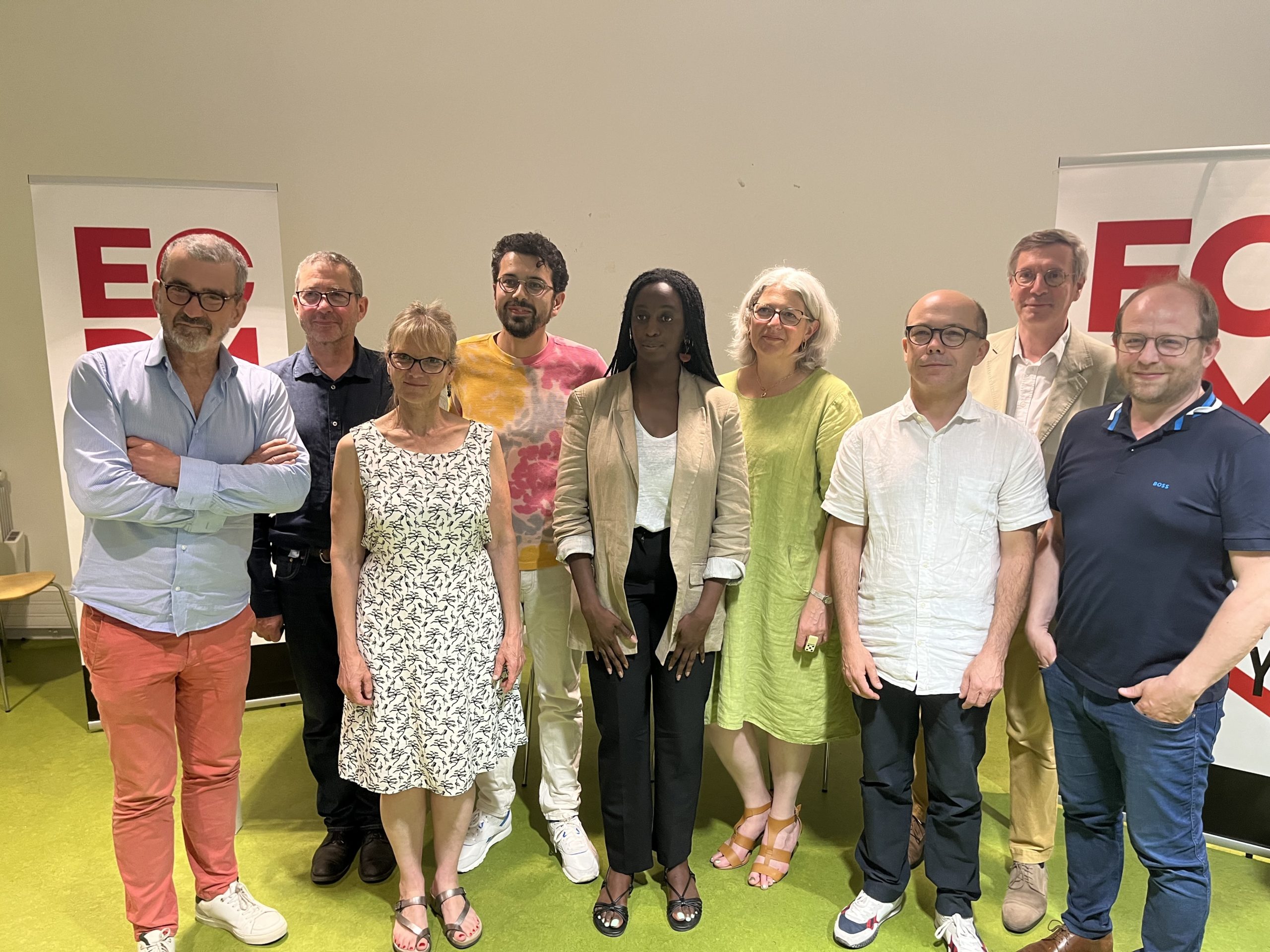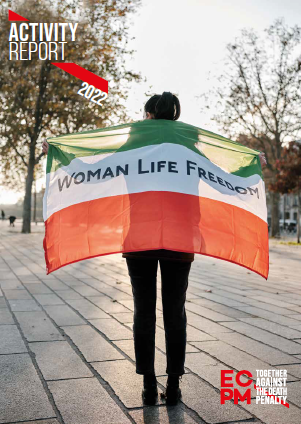
Why did you get involved with ECPM?
I was a teenager when the death penalty was abolished in France. I remember my shock when I realized that in my country, a human being could still be sentenced to have their head severed. Much later, I had the chance to meet Robert Badinter shortly after my appointment as Ambassador for Human Rights. During this conversation, I realized how much the abolition had influenced my personal and professional journey. Three years after completing this mandate, I wanted to continue this commitment by using my experience to support an association that I have seen working all around the world to promote the abolitionist message.
Why is the fight against the death penalty still relevant?
Thanks to the work of ECPM and other NGOs, the death penalty is declining worldwide, but it is still carried out in more than 50 countries, sometimes in utmost secrecy. We don’t even know the exact number of executions in China! The ominous hangings orchestrated this year by the Iranian regime have shown that the death penalty remains a tool of repression against the freedom of peoples. More than ever, it is up to us to demonstrate that the death penalty is the most cruel, inhuman, and degrading punishment there is, and to call for universal abolition.
As a activist and former French Ambassador for Human Rights, where does the fight for human rights stand in the world today? What are the main challenges that await us in the coming years?
It is evident that the fight for human rights has become more challenging, as countries no longer hide their ambition to redefine the global order at the expense of fundamental rights. Nothing is ever guaranteed, and we are not immune to regression – even in Europe, where the European Convention on Human Rights, the foundation of abolition on our continent, is growingly challenged, . My experience has taught me that we must never let our guard down. When we do, as was the case for too long with the Vladimir Putin regime, we always pay a high price for these concessions.


